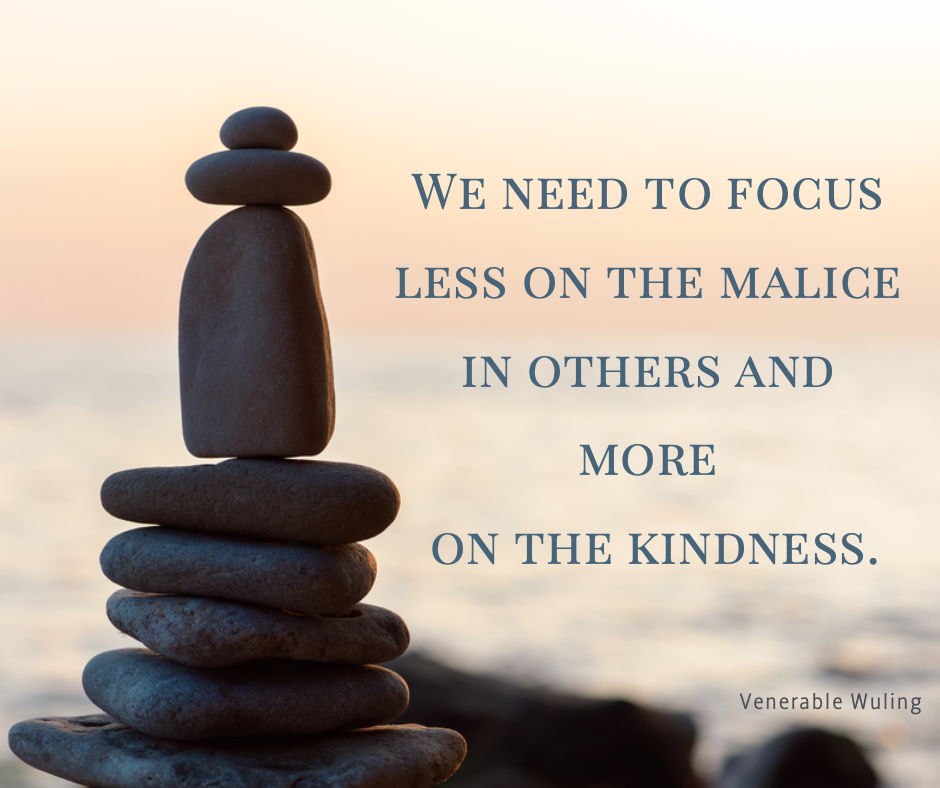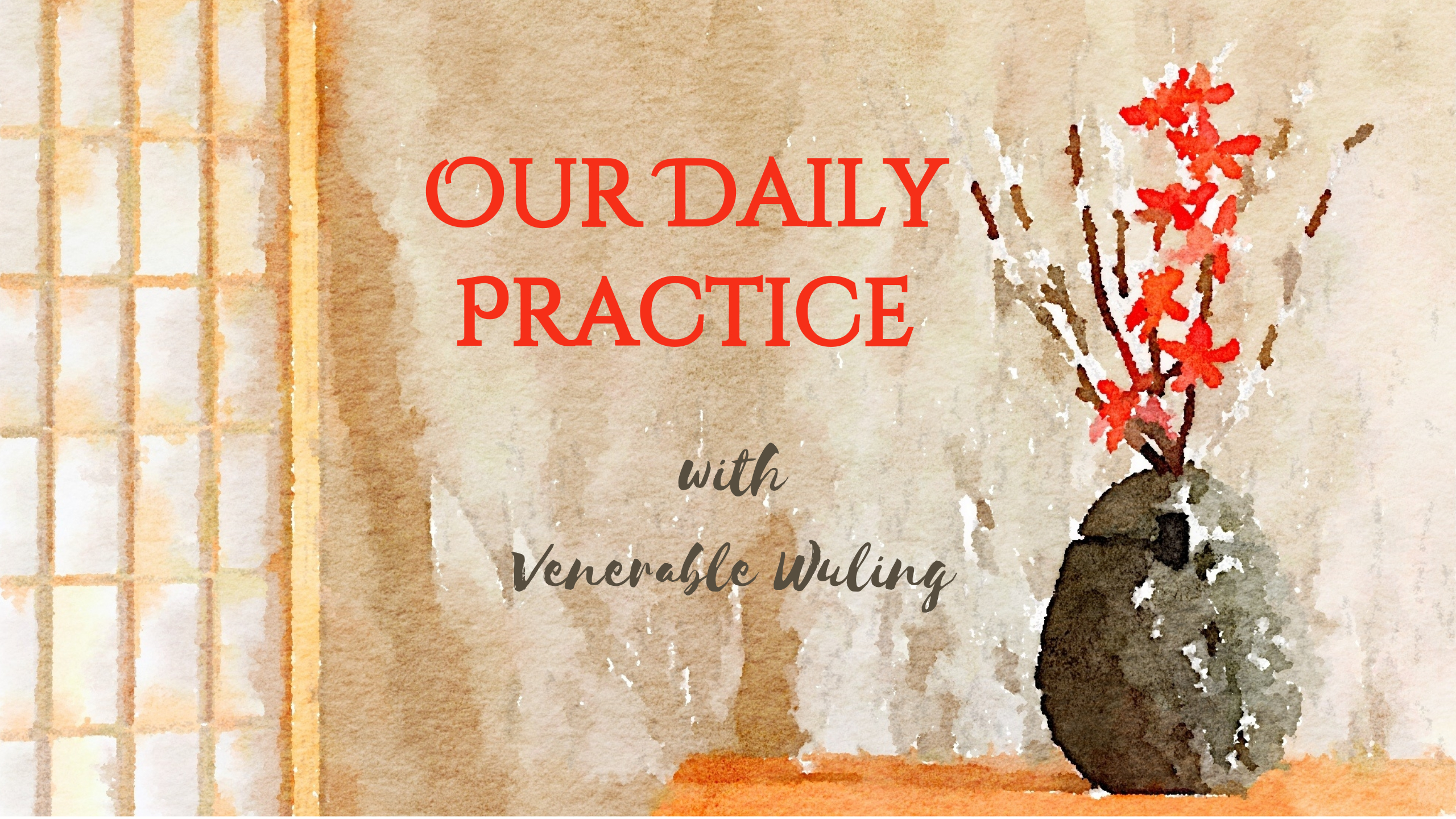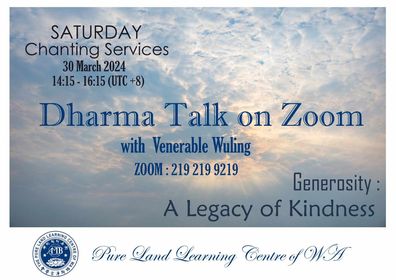One day, Hody Childress, a retiree living on a modest pension and Social Security, walked into the drugstore in the small Alabama town where he lived. He took the owner, Brooke Walker, aside and asked her if she knew anyone who couldn’t pay for their medications. She replied that yes, unfortunately, there were some who couldn’t afford their medicine.
Hody took out a $100 bill that had been folded up a few times. He slipped it to Walker and asked her to use it for people who couldn't pay for their medications. There was one condition, however—she was not to tell anyone where the money came from. If anyone asked, she was to tell them it was a blessing from the Lord.
The following month, Hody returned and gave Walker another folded-up $100 bill. He continued doing this on the first day of every month over the next ten years, stopping only when he became too ill to travel to town. He didn’t want to know who the recipients were. He just wanted to help those who needed it. Before he died, Hody told his daughter what he had done. She later said it was just like her father, a man who was filled with goodness.
Looking back after Hody’s death, Walker said she had been able to help about two people a month who either didn’t have insurance or had exceeded their benefit limits. Thus, over the years, Hody’s generosity had amounted to thousands of dollars. As word of his legacy of kindness spread, people began stopping by the pharmacy to make their own donations.
Hody’s legacy was growing.
In his helping others, he had modeled three principles for giving sincerely and genuinely: We let go of the thought of I have given, of what was given, and of the one who received.
The first principle is letting go of the thought I have given. While we cannot know what was in Hody’s mind, his humility and wish to remain anonymous indicate that this was, in all likelihood, not a man who kept congratulating himself on his philanthropy. Rather, he was a man who, as his daughter reminisced, was filled with goodness.
We can see this in how he gave to others—anonymously. He did not want the recipients to feel embarrassed by their inability to pay a medical bill or that, feeling indebted, they needed to personally thank him. It was only through his daughter’s and Walker’s disclosures that people even learned of Hody’s years of helping others with their medical expenses. Upon learning of the generosity of a man of modest means, others were moved to help in a similar way. One such donation, Walker said, came from one of the recipients of Hody’s generosity, who returned a few months later wanting to “pay it forward.”
The second principle is letting go of thoughts about what was given. We refrain from dwelling on or talking about what we gave. If we happen to remember it, we put those thoughts aside. We have no regrets about what we gave. We cannot know if Hody thought about the $100 donations, but his continuing to make them month after month, year after year, speaks of a man who surely did not regret his generosity.
The third principle is letting go of the thought of the one who has received. Hody accomplished this by ensuring that he never learned who they were! Thus there was no one whose presence or mere name could cause him to feel proud of what he was doing. The selfless motivation for giving was to help others, not to gain praise for himself.
Letting go of the thought of the one who received is beautifully embodied in the seventh highest of the eight levels of giving we learn of in Judaism—giving assistance in such a way that the giver and the recipient are unknown to each other. By not knowing the identity of the giver, there is no one for the recipient to be embarrassed to see, no one to feel beholden to. While the recipient may well feel distressed that they need help, they don't have the added burden of having to express gratitude to an individual, perhaps someone they encounter on a regular basis. Expressing it to an organization or neutral party whose purpose is to provide assistance can feel less awkward. In Hody’s situation, it was the pharmacy owner, an impersonal conduit, who only told the recipient their bill was already paid.
Generosity is not just about giving wealth or helping others physically. It is the spirit of giving, the heart of selfless kindness. It is a generosity of spirit, an emotional generosity of seeing what is needed and finding a way to help meet that need. With no accolades or handshakes ever needed.
In Hody’s account, we saw how he was moved to help people get needed medicine in the face of their financial difficulties. His daughter couldn’t say what moved her father to do what he did, but perhaps it went back to the time when her mother was very ill. The medicine was expensive, so maybe that had something to do with it. Whatever the reason, Hody understood the burden of needing medication but not being able to pay for it. Seeing the need, he decided there was a way he could help.
That help continued even after Hody died. Residents of the small town, having learned what he had done, were inspired to take up the financial baton and run with it. They donated to a fund that had been set up in his name at Walker’s pharmacy. People farther afield, reading about Hody in their own local and even national newspapers, began setting up their own funds.
Previously, in “One Step at a Time,” we learned about Captain Tom, who, after quickly reaching his goal in the NHS fundraiser, just kept increasing the goal. Smiling, he would lean into his walking frame and walk back and forth in the garden. He too had identified a need—support for dedicated health-care staff and workers. Cleverly, he devised a way to combine his nurse’s advice to exercise with his own wish to raise a modest amount of money for the NHS. Modest because, after all, how many people could one elderly man doggedly traversing his garden inspire to be generous?
Quite a lot, actually. Captain Tom inspired one-and-one-half million people to contribute to his NHS fundraiser. In less than a month.
While Hody’s and Captain Tom’s generosity involved financial resources and inspiring others to join in, Wanda’s instantaneous generosity in “The Stranger at Thanksgiving” took another form, generosity of spirit. Realizing she had mistakenly sent a Thanksgiving invitation to a stranger, she immediately assured him that, of course, he was welcome to come to dinner. Now, every year in early November, various US news media sources publish inspiring updates about Wanda and Jamal's close friendship, which has only deepened over the ensuing years.
These are three outstanding examples of the spirit of generosity. But generosity—selfless kindness—can help in less tangible ways as well. By having a generous spirit, we can better understand the actions of others. In particular, the actions of those who have hurt us. Generosity of spirit can then help us to more compassionately and wisely react to the actions of others as our focus moves from our suffering to theirs.
Having grown up in war-torn Somalia and then lived in a refugee camp in Kenya before finally emigrating to Australia, Abdi, who we learned about in “Another Form of Justice,” was able to regard the woman who had tried for nineteen harrowing minutes to run him down not with retaliatory thoughts but with selfless kindness. Instead of dwelling on the screaming, out-of-control woman she had been that day, he saw a woman who was so mired in her suffering that she couldn’t see or care about that of others. Childhood trauma and alcoholism had resulted not only in several run-ins with the police but now she was in court facing a sentence of three years in jail, which would then culminate with her being deported back to New Zealand, away from her partner and children.
His selfless kindness—his generosity—enabled Abdi to not want her to be unjustly punished for what she had done to him, for how she had irrevocably changed his life. Instead, he wanted to ease her suffering. He encouraged her to get the help she clearly needed to prevent jail time, deportation, and a continuing downward spiral of any trace of remaining self-worth. He hoped she would be offered and then avail herself of the opportunity to have a very different future than the one she was currently careening toward.
Like Hody and the others, when we too see a need, we can generously choose to offer help. Perhaps something tangible, like a financial gift. Captain Tom found a way to give indirectly through his walking fundraiser. Hody gave personally of his own funds. In both examples, the recipients received much more than just the financial benefits. In the midst of their stress and worries, they knew a stranger was concerned enough to help them. Hody cared enough to share his limited retirement savings in a way that the recipients’ embarrassment was minimized. Captain Tom cared enough to make a pledge and then take steps to fulfill it—literally!
In other circumstances, the gift we offer will be intangible. Like the potentially life-changing gift of forgiveness. Abdi selflessly cared enough about the woman who had tried to kill him to put aside any acrimonious thoughts and to write an eloquent plea for leniency to the sentencing judge. He sought to give his attacker the opportunity to regret, reform, and transform.
At a time when so many of us are witnessing ever-shrinking bubbles of existence due to political, religious, and social polarization; experiencing a lessening of simple civility; and just generally feeling rather overwhelmed, we do have options. Do have choices.
We can realize that generosity holds a crucial key in a world of suffering. Through opening the door to our hearts, our generosity of spirit will help others know they are not alone. That they and we are not separate, not solitary. We are interconnected. We are one.
 April 4, 2024
April 4, 2024 

